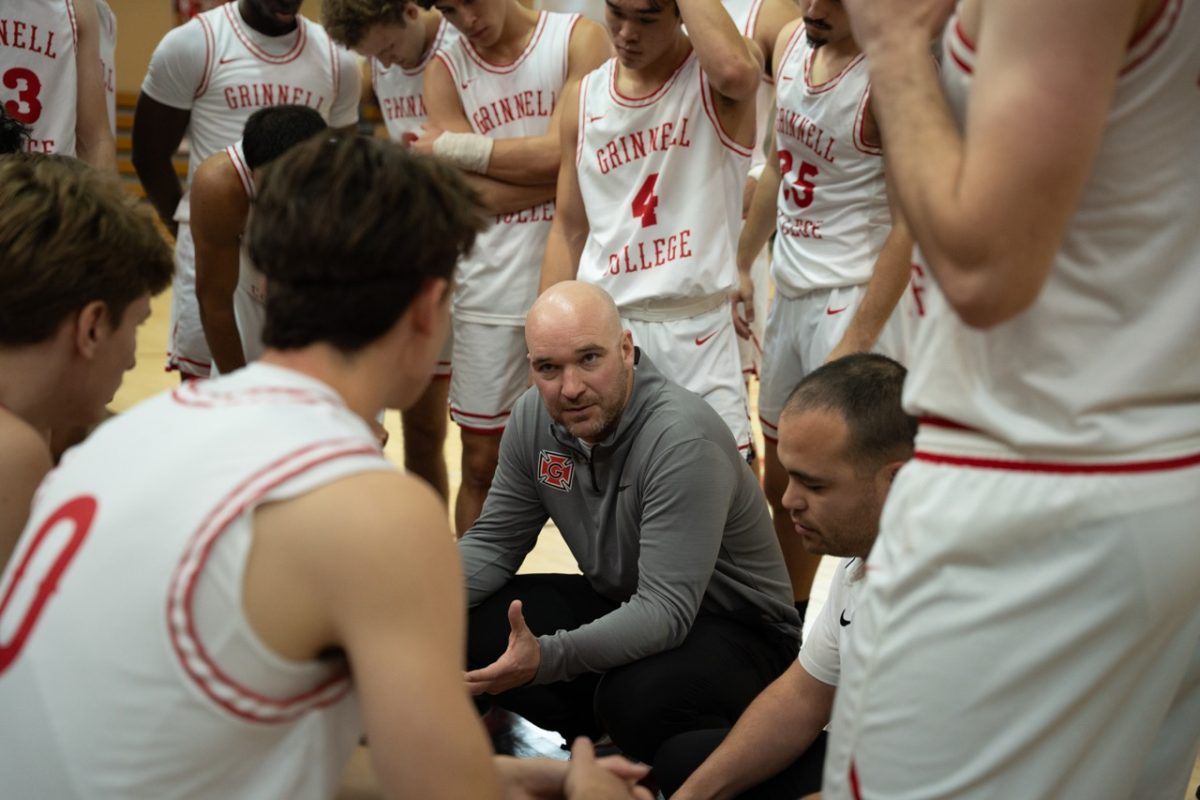Super Bowl XLIII is already being considered one of the greatest of all time. It had the longest play in the game’s history—the Cardinals had two phenomenal catches in the end zone. It all culminated with a suspense-filled final drive capped off by a beautiful snag by Santonio Holmes who somehow managed to get both feet down at the edge of the end zone. Unfortunately, one aspect of the game that will continue to haunt its legacy is the downright horrendous officiating that may have cost the Arizona Cardinals the game.
Now, I’m not going to complain on Arizona’s behalf because there’s a larger issue here, and you’re bound to have already heard or read someone protesting about the calls anyway. No, the problem we saw last Sunday was not entirely the fault of Terry McAuley’s officiating crew—it was also the fault of the major professional sports leagues being somewhat unconcerned with making sure the games are called correctly and accurately.
None of the major sports fully utilize the incredible advances in technology to help call better games while some commentators don’t even want to use the technology already in place. There is no reason why we can’t apply breakthroughs in sensor technology to determine if and when a football crosses a goal line. Some may say that such adjustments might affect the way the game is played, but that is extremely doubtful. Even if they were to affect game play, players will just have to learn to deal with it. Pitchers got used to a lower mound, goalies are getting used to smaller equipment and quarterbacks can get used to the ball being a slight tick off, in order to make sure that the calls made are the correct ones.
The most egregious example of this sentiment obviously comes from the world of baseball. There, baseball “purists” claim that umpires have made good and bad calls throughout the decades and that overall these calls tend to even themselves out. They say that using replay to help even the most easily correctable mistakes, i.e. home run calls, goes against the tradition of baseball. To them I say this: that is the dumbest argument I’ve heard since Carl Everett claimed dinosaurs did not exist. The point of having umpires is not to uphold some weird notion of tradition, but to make calls in the most objective way possible. If that means replacing the home plate umpire with a computer system that can accurately call balls and strikes, then so be it.
Even in football, where a coach can use instant replay to challenge plays, they can only reverse a maximum of three plays a game. If the refs make four horrendous, game-changing calls, you’re screwed. I say that coaches should be given three challenges a game, and every time a challenge is upheld, the team is allowed yet another challenge. Some will complain that instant replay would take too much time if every little decision required review and players would be inconvenienced.
That seems odd considering there are about 30 television timeouts during a game. It isn’t necessary to have a commercial break before and after a kickoff. I propose a pretty simple solution—just show some commercials during the review. I don’t need to see announcers break down the same replay over and over again, because, guess what? The announcers are terrible at deciphering what the referees are going to call. Even when it is absolutely apparent to everyone in the audience, Bill Maas is still going to be oblivious as to what’s going to happen. In addition, half of the camera angles show nothing pertinent to the play. So all I ask for is to be shown the best angle or two coming out of commercial, and not to have to wait 10 minutes between the extra point and the first play of the next drive.
Terrible officiating is so wide-spread that it’s even gotten to the point where video games have begun to insert blatantly wrong officiating decisions into the game. For example, as many of you know, in the various incarnations of Madden you’re allowed to challenge calls, just like in the NFL. However, just because you challenge a play, even one that is clearly incorrect which you can tell from instant replay that doesn’t mean that the in-game referees will make the right decision and overturn the call. It’s so realistic!



















































